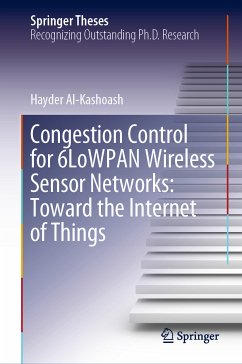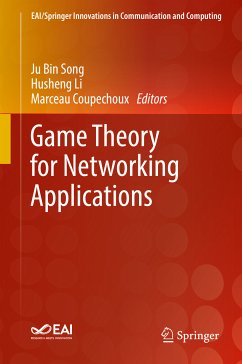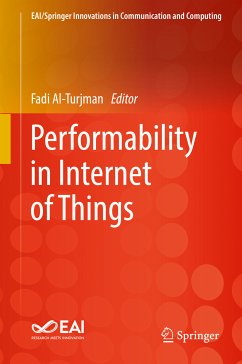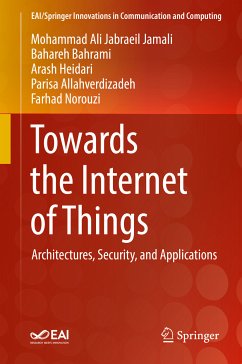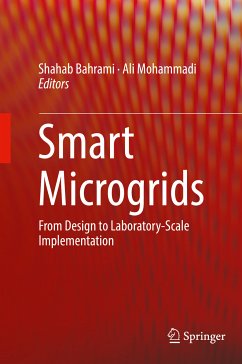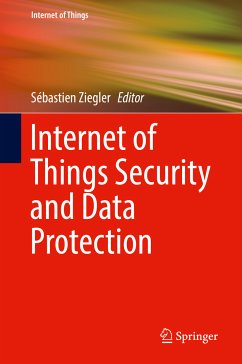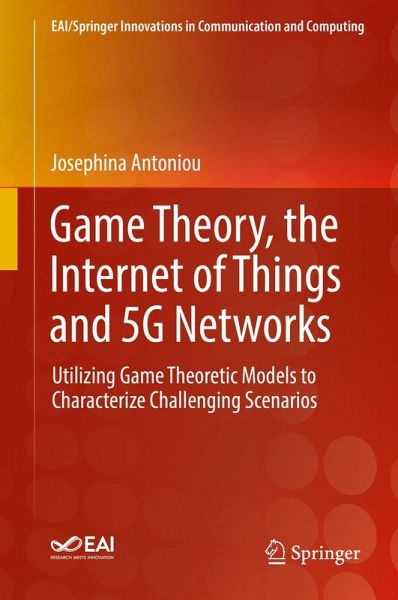
Game Theory, the Internet of Things and 5G Networks (eBook, PDF)
Utilizing Game Theoretic Models to Characterize Challenging Scenarios
Versandkostenfrei!
Sofort per Download lieferbar
70,95 €
inkl. MwSt.
Weitere Ausgaben:

PAYBACK Punkte
35 °P sammeln!
This book shows how to model selected communication scenarios using game theory. The book helps researchers specifically dealing with scenarios motivated by the increasing use of the Internet of Things (IoT) and 5G Communications by using game theory to approach the study of such challenging scenarios. The author explains how game theory acts as a mathematical tool that models decision making in terms of strategies and mechanisms that can result in optimal payoffs for a number of interacting entities, offering often antagonistic behaviors. The book explores new technologies in terms of design,...
This book shows how to model selected communication scenarios using game theory. The book helps researchers specifically dealing with scenarios motivated by the increasing use of the Internet of Things (IoT) and 5G Communications by using game theory to approach the study of such challenging scenarios. The author explains how game theory acts as a mathematical tool that models decision making in terms of strategies and mechanisms that can result in optimal payoffs for a number of interacting entities, offering often antagonistic behaviors. The book explores new technologies in terms of design, development and management from a theoretical perspective, using game theory to analyze strategic situations and demonstrate profitable behaviors of the cooperative entities. The book identifies and explores several significant applications/uses/situations that arise from the vast deployment of the IoT. The presentation of the technological scenarios is followed in each of the first four chaptersby a step-by-step theoretical model often followed by equilibrium proof, and numerical simulation results, that are explained in a tutorial-like manner. The four chapters tackle challenging IoT and 5G related issues, including: new security threats that IoT brings, e.g. botnets, ad hoc vehicular networks and the need for trust in vehicular communications, content repetition by offloading traffic onto mobile users, as well as issues due to new wearable devices that enable data collection to become more intrusive.
Dieser Download kann aus rechtlichen Gründen nur mit Rechnungsadresse in A, B, BG, CY, CZ, D, DK, EW, E, FIN, F, GR, HR, H, IRL, I, LT, L, LR, M, NL, PL, P, R, S, SLO, SK ausgeliefert werden.



